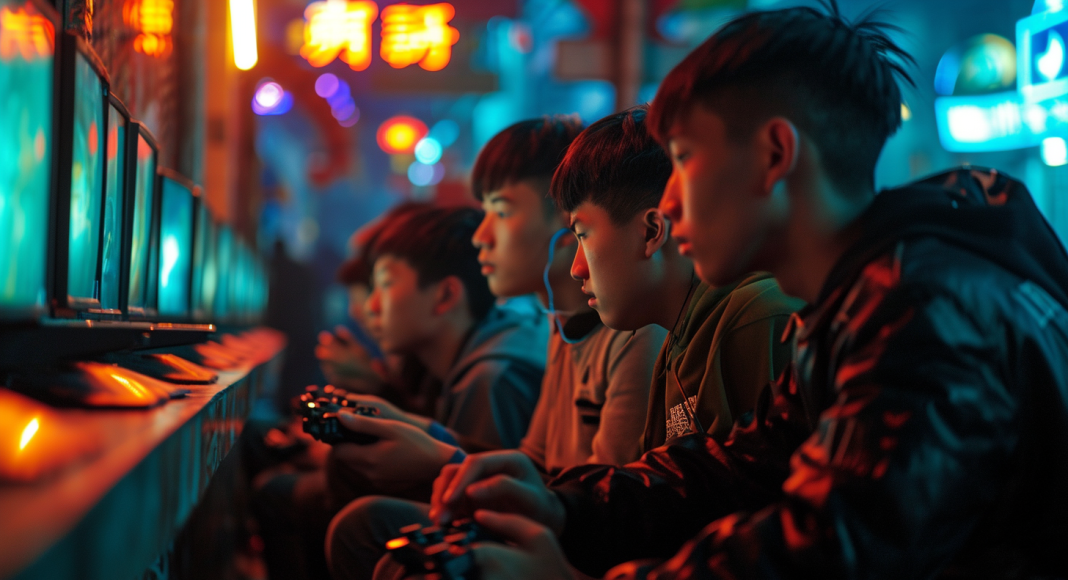In an announcement last Friday, Chinese regulators unveiled an array of new regulations designed to rein in player spending and incentives promoting video games, dealing a significant blow to the globe’s largest gaming market. The draft restrictions sent Chinese tech shares tumbling and wiped out billions of dollars in value, a development that has led regulators to say concerns will be studied carefully.
The newly proposed rules essentially set spending caps for online games and almost immediately triggered a wave of concern among investors. This led to a substantial decline of almost $80 billion in market value for China’s top two gaming enterprises, as investors scrambled to assess potential repercussions on profits and speculated about the prospect of additional restrictions.
Under the new guidelines, online games will be prohibited from offering rewards to players for daily logins, initial game expenditures, or consecutive spending on the game – all of which are commonly employed incentive mechanisms in the realm of online gaming. As a result, shares in industry leader Tencent Holdings experienced a significant drop of more than 12% in the aftermath of the announcement. Simultaneously, its main competitor, NetEase, saw its share price crash by up to 25%, following the publication of the National Press and Publication Administration’s latest draft rules.
The news had hit the stock market with such force that the Chinese government was quick to try its hand at damage limitation. Chinese state broadcaster CCTV on Saturday announced that the State Press and Publication Administration will ‘study all concerns and opinions carefully and revise and improve the new rules’, a move designed to settle the nerves of investors and tech executives. The media outlet added that regulators may change the wording of some sections of the draft rules that refer to the limitation of the encouragement of daily logins and wallet tops ups. China also approved 105 domestic games on Monday, inducing titles from the two affected market leaders.
Beijing has had its eye on the gaming sector for some time now and in 2021 initiated measures such as strict limits on the duration children could spend playing online. The crackdown seemed to have eased in recent times, which in turn raised optimism that the industry was no longer in the crosshairs. However, the draft regulations unveiled on Friday signal a renewed focus on the sector, with a specific emphasis on curtailing in-game purchases and mitigating obsessive gaming behavior. The regulations also restate a prohibition on ‘forbidden online game content’ that poses a threat to national unity and ‘endangers national security or harms national reputation and interests’.
Additionally, the proposed regulations include the introduction of pop-up warnings alerting users to ‘irrational’ gaming behavior.











